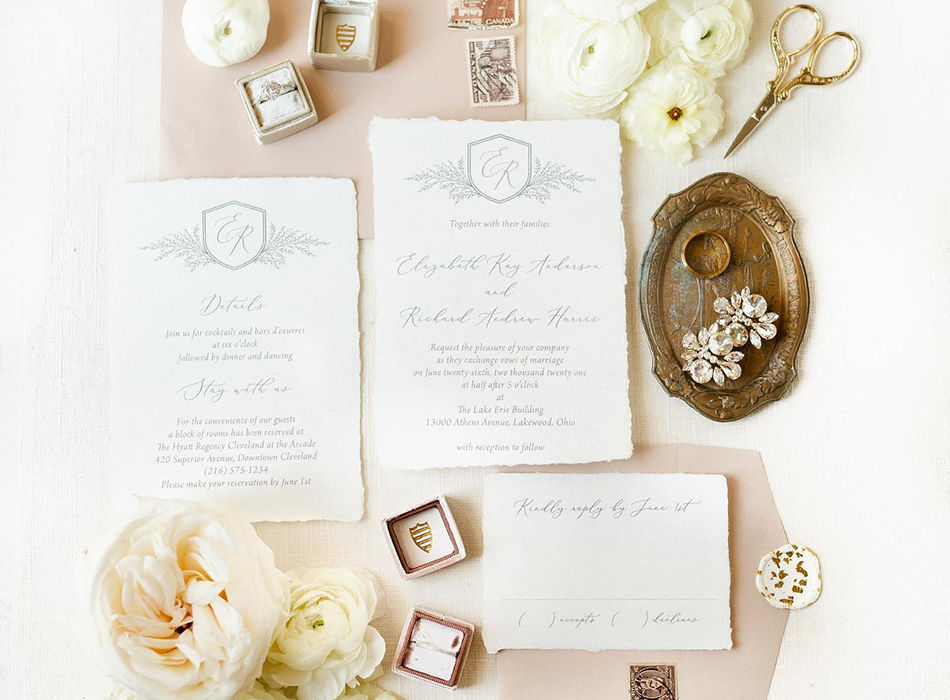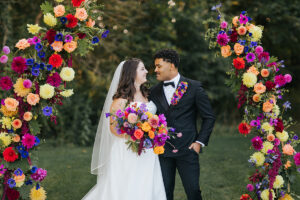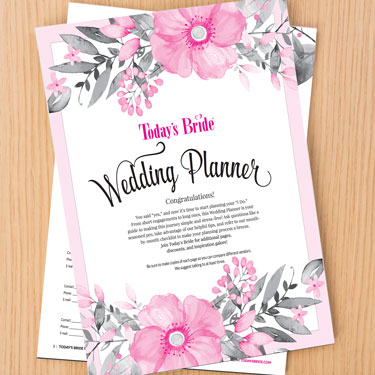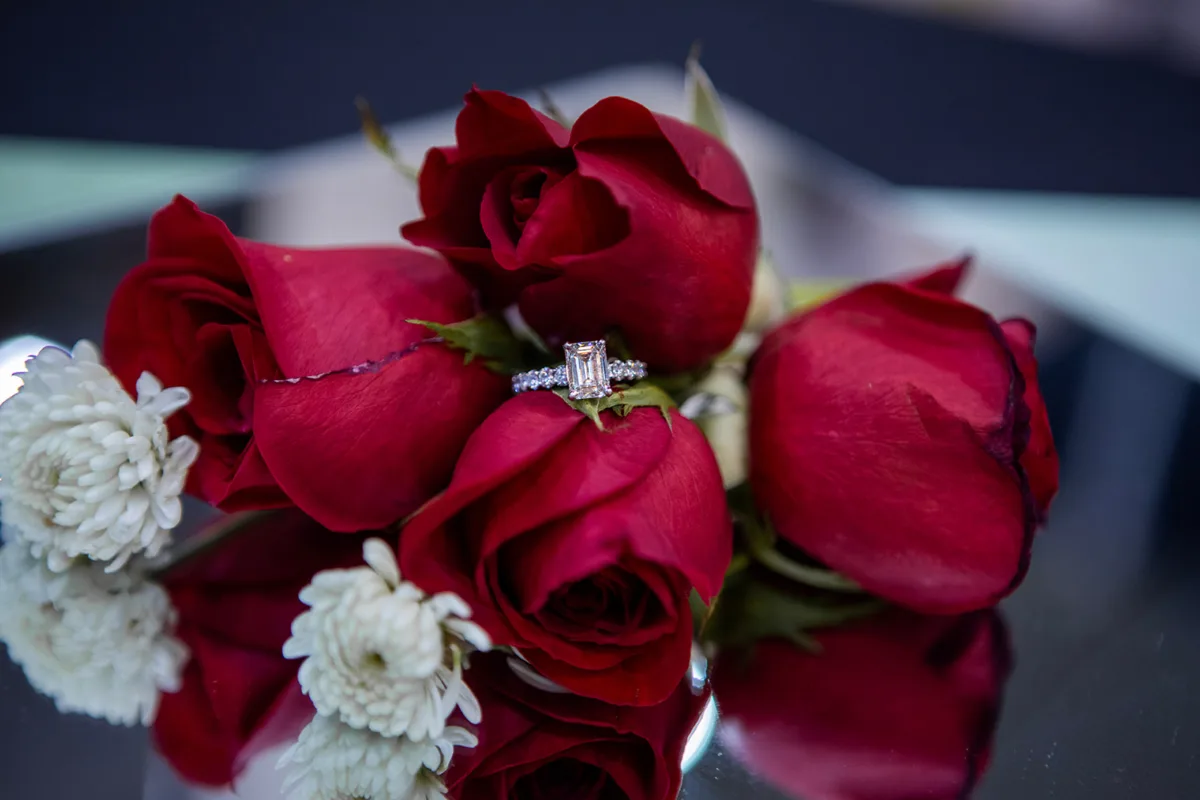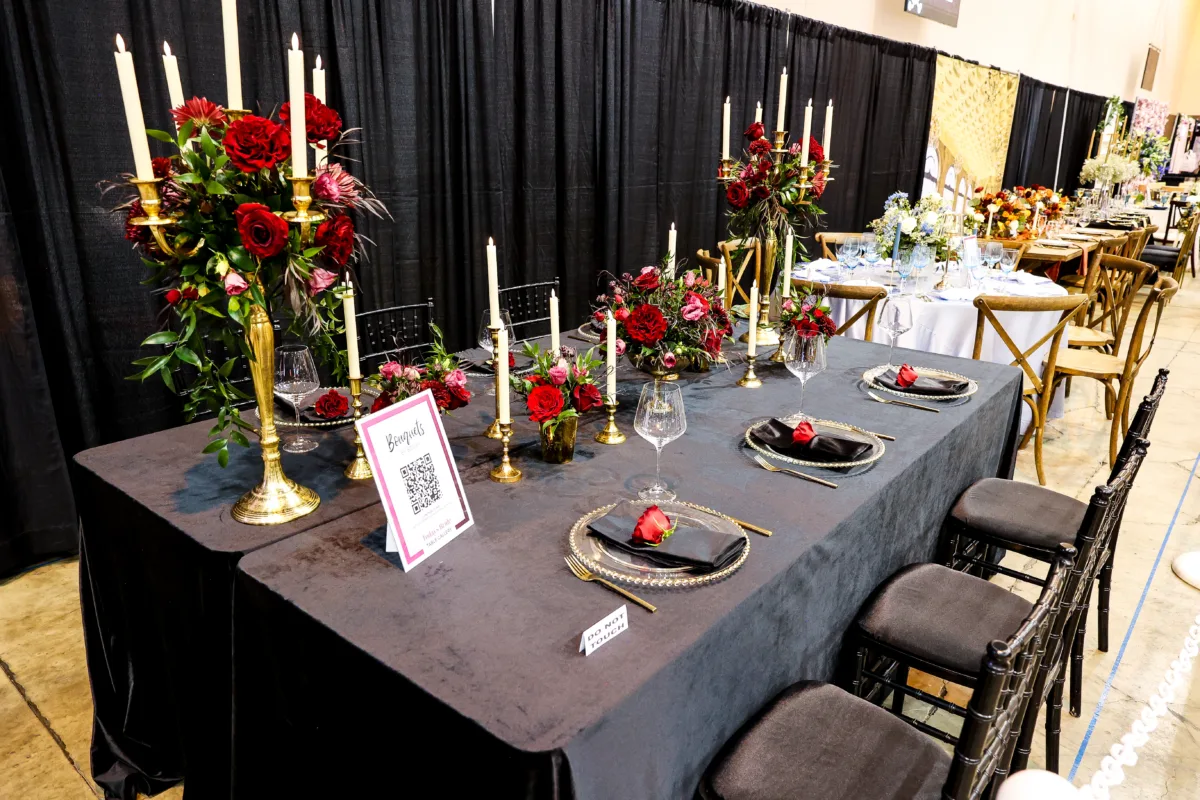Plus-Ones can be a controversial subject and you can easily hurt someone’s feelings if it’s done incorrectly. We’re making it easier for you by outlining the etiquette and exceptions of who should and shouldn’t get a plus-one invitation.
Collaborating with your fiancé, parents, and future in-laws to narrow down and finalize your guest list can be difficult. You finally got it just under the limit of what your venue can seat, but now you have to consider who should get a plus-one. The extra heads are more expensive for you as they require another meal and more beverages and favors. If you don’t extend a plus-one, though, you could offend your closest friends or impact their decision to attend.
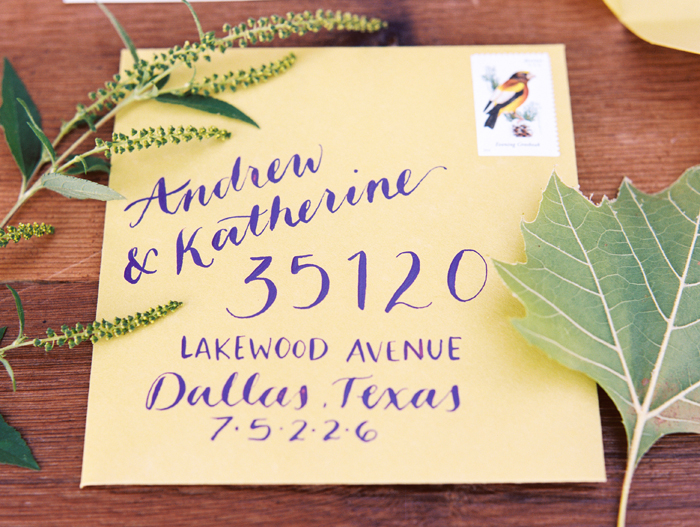
bride and groom
The basic rule of thumb when deciding who should get a plus-one is that everyone over the age of 18 should. While there are exceptions (see below), all guests should be allowed to bring someone in case they don’t know anyone else attending. We don’t know when love will strike. Assuming that your single friend won’t have a date for your wedding is a bit presumptuous and can hurt their feelings. They may even decide not to attend your wedding because they feel uncomfortable coming alone.
If you are inviting someone who is in a relationship, they should be extended a plus-one invite – especially if the couple is living together. If you don’t know this person’s significant other, make it a point that you have a get-together before your wedding date to meet and hang out. A backyard barbecue, going out for cocktails, or even challenging the other couple to a mini golf tournament will make you more comfortable inviting their boyfriend or girlfriend.
If a couple is married or in a serious relationship and you know both parties, both parties should be invited. Jodi from Plume & Paper says that you should only send one invitation to a couple if they live together. The invitation should be addressed to Mr. Male Friend and Ms./Mrs. Female Friend rather than Mr. Male Friend and guest. Jodi also says that you should never use an ampersand (&), but always write out “and.”
For tips about invitation wording, check out this blog or consult your local stationery expert!
Exceptions:
There are exceptions to the “everyone gets a plus-one” rule. If your family members are currently single, you can save some money by not extending a plus-one to them. They’ll know guests and other family members, so they won’t feel uncomfortable dancing alone or finding a seat at the ceremony.
If a groomsman or bridesmaid is in a relationship, their significant other should be invited. You can seat them at the head table or have a table nearby with the wedding parties’ dates. If a bridesmaid or groomsman is single, they typically aren’t extended a plus-one.
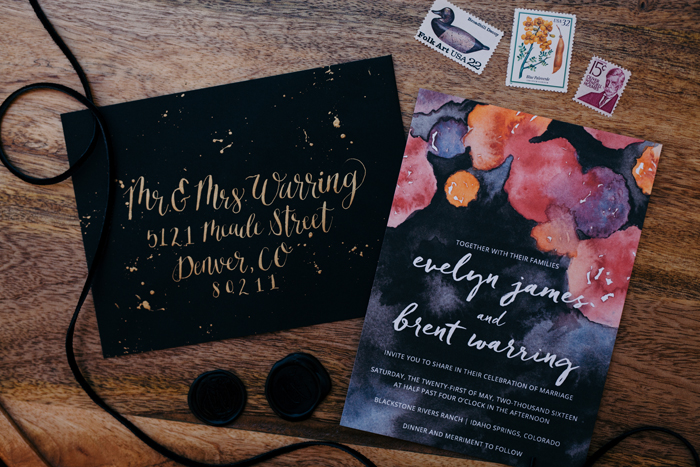
Guests
If you have been given a plus-one to a wedding, RSVP using the name of the person attending rather than just “and guest.” If you know you won’t have a date, but want to bring a friend, you should ask the bride and groom beforehand if it’s okay.
Avoid bringing someone who will make the bride and groom uncomfortable. You also don’t want to bring anyone who will embarrass you, so consider their eating habits, table manners, and social interactions.
You may not always want to give a plus-one, but consider the consequences of not giving them one before you decide. Your guest may assume they can bring one anyways (hopefully there is an extra seat!), their feelings could be hurt, or you potentially could lose their friendship. Though you may work case-by-case or have more exceptions than those listed, we suggest you offer a plus-one to anyone who’s not married outside of your direct family or bridal party.
